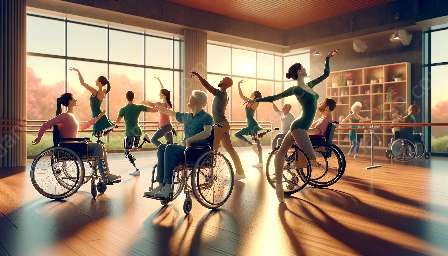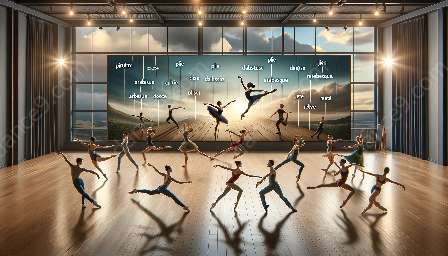Introduction
Teaching dance and movement comes with a set of ethical considerations that are paramount to creating a positive and impactful learning environment. In the realm of dance education, instructors play a critical role in shaping students' experiences, values, and perceptions. It is essential for dance educators to uphold ethical standards that prioritize integrity, inclusivity, and student well-being.
Integrity and Professionalism
Integrity is foundational to ethical teaching practices. Dance educators must adhere to professional standards, be honest in their interactions, and demonstrate a commitment to upholding the integrity of the art form. This includes respecting the intellectual property rights of choreographers, composers, and other artists, as well as maintaining professionalism in their conduct with students, colleagues, and the wider community.
Inclusivity and Diversity
Inclusivity in dance education is crucial for fostering a supportive and diverse learning environment. Ethical dance teaching should embrace students from all backgrounds, abilities, and identities. Instructors should strive to create an inclusive curriculum that represents and celebrates diversity, ensuring that all students feel valued and respected. This involves challenging stereotypes, addressing cultural appropriation, and promoting cultural exchange in an ethical and respectful manner.
Safe Learning Environment
Creating a safe and nurturing learning environment is a fundamental ethical consideration in dance education. Students should feel physically and emotionally safe to explore their creativity and express themselves through movement. Dance instructors need to be mindful of physical safety measures, such as proper warm-ups, adequate supervision, and injury prevention. Moreover, they should cultivate a supportive atmosphere that encourages open communication, constructive feedback, and mental well-being.
Respecting Boundaries
Respecting personal boundaries is a key ethical principle in teaching dance and movement. Instructors should establish clear guidelines for physical contact, consent, and privacy. It is essential to communicate and uphold boundaries in a manner that prioritizes the comfort and autonomy of the students. By fostering an environment of trust and respect, dance educators can create a space where students feel secure and empowered.
Ethical Decision-Making
Ethical considerations often call for sound decision-making. Dance educators may encounter dilemmas related to inclusivity, student welfare, or professional conduct. It is important to approach such dilemmas with ethical discernment, considering the impact of choices on students, colleagues, and the dance community as a whole. Engaging in reflective practice and seeking guidance from mentors or professional networks can aid in making informed and principled decisions.
Conclusion
Teaching dance and movement with ethical considerations at the forefront is imperative for the growth and well-being of students, as well as the integrity of the art form. By embracing integrity, inclusivity, and creating a safe learning environment, dance educators can make a lasting impact on their students and contribute to a more ethical and equitable dance community.











































